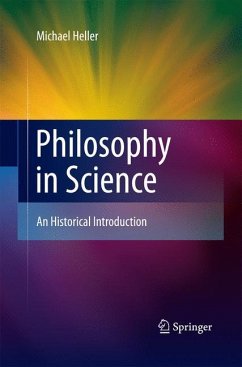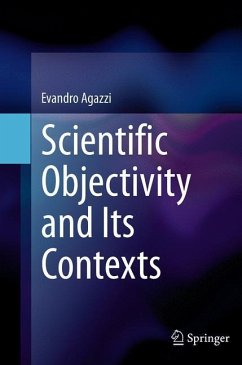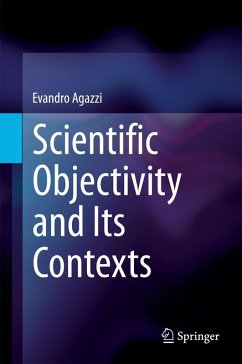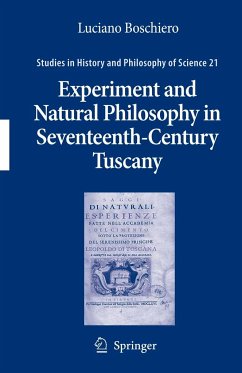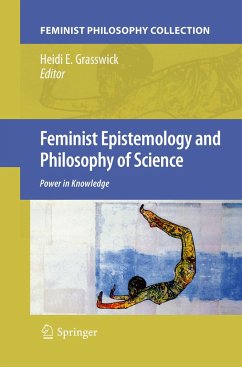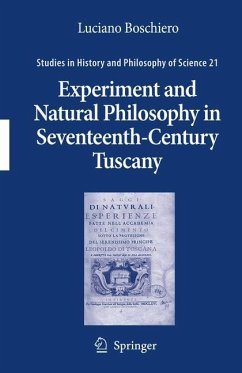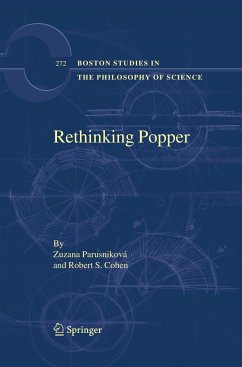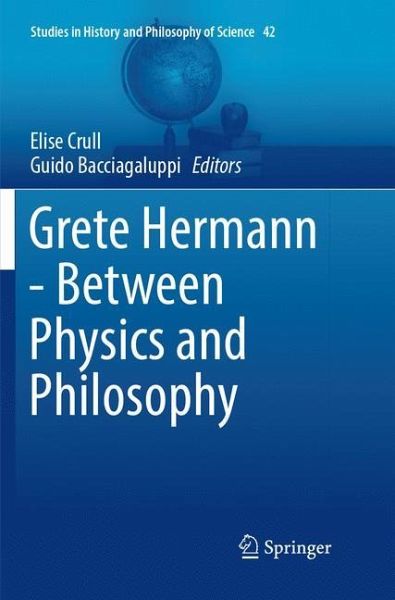
Grete Hermann - Between Physics and Philosophy
Versandkostenfrei!
Versandfertig in 6-10 Tagen
113,99 €
inkl. MwSt.

PAYBACK Punkte
57 °P sammeln!
Grete Hermann (1901-1984) was a pupil of mathematical physicist Emmy Noether, follower and co-worker of neo-Kantian philosopher Leonard Nelson, and an important intellectual figure in post-war German social democracy. She is best known for her work on the philosophy of modern physics in the 1930s, some of which emerged from intense discussions with Heisenberg and Weizsäcker in Leipzig. Hermann's aim was to counter the threat to the Kantian notion of causality coming from quantum mechanics. She also discussed in depth the question of 'hidden variables' (including the first critique of von Neum...
Grete Hermann (1901-1984) was a pupil of mathematical physicist Emmy Noether, follower and co-worker of neo-Kantian philosopher Leonard Nelson, and an important intellectual figure in post-war German social democracy. She is best known for her work on the philosophy of modern physics in the 1930s, some of which emerged from intense discussions with Heisenberg and Weizsäcker in Leipzig. Hermann's aim was to counter the threat to the Kantian notion of causality coming from quantum mechanics. She also discussed in depth the question of 'hidden variables' (including the first critique of von Neumann's alleged impossibility proof) and provided an extensive analysis of Bohr's notion of complementarity. This volume includes translations of Hermann's two most important essays on this topic: one hitherto unpublished and one translated here into English for the first time. It also brings together recent scholarly contributions by historians and philosophers of science, physicists, and philosophers and educators following in Hermann's steps. Hermann's work places her in the first rank among philosophers who wrote about modern physics in the first half of the last century. Those interested in the many fields to which she contributed will find here a comprehensive discussion of her philosophy of physics that places it in the context of her wider work.



